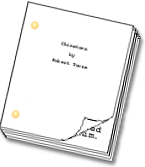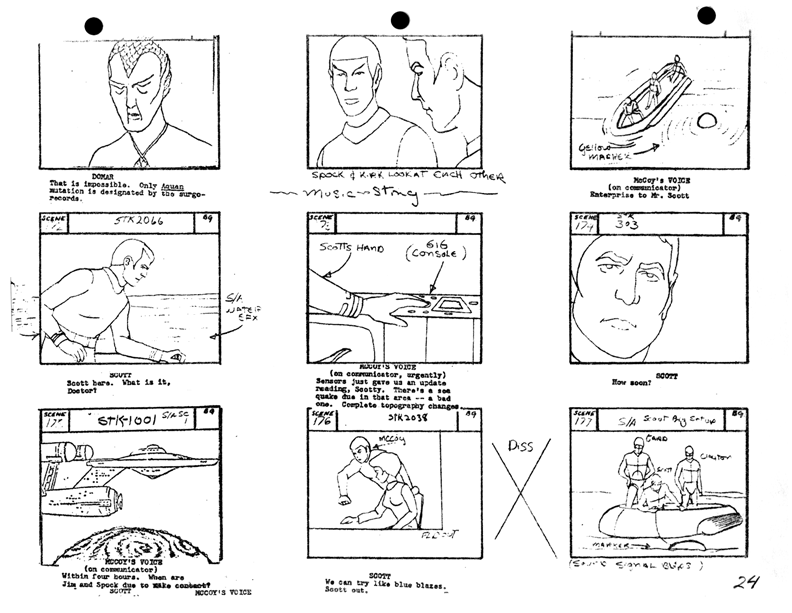
So you want to start a media project?
The first step called "Pre-Production" is important in laying out a plan and preparing all that is necessary to film your project. Here is the overview of the major steps that will need to be done:

Once you have an idea of what you want to film, you need to be able to answer some basic questions.
In the research part of the pre-production stage, this is when you layout what exactly needs to happen to get the project done.



Finally, you will need to make sure you have the proper equipment to create your project. The Trible Library Media Center has a wonderful selection of equipment that you may choose to use if you do not have your own. It is free, and available to all of Christopher Newport's students, faculty and staff.
There are several methods of creating video:
Make sure you have reviewed a rubric so you know what is expected. Be sure to refer back to these occasionally.

Script:
This article from the Writer's Store may help you in formatting and articulating yourself. It may even give you confidence and inspiration in creating your script. Of course, it does not have to be formal. Sketching out notes and lines of dialog helps to put thoughts down so others can see. Have a classmate or friend look over what you have to see if it makes sense.
Storyboarding:
Storyboarding is very useful in planning your media project. You are able to organize your thoughts, and gain better focus on making your vision unfold panel by panel. It allows you to center on what you want to have in each scene, giving a better perception of what your media project will look like.

Image taken from: Storyboard Example
Several things to have in your storyboard include:
There are several ways to make your storyboard, including using those that are pre-made, creating one in a word processor, or even drawing it freehand.
Printable Paper provides free downloadable templates to use.
If you are filming an interview, it helps if you write down your interview questions. Make sure they are clear and concise. An outline would also work if you want a more holistic approach to an interview. Going off the cuff or making it up as you go, typically doesn't work if you haven't had a lot of experience. It can be hard to get yourself comfortable when interviewing a stranger, so if you can, get to know them a little bit beforehand as it can help with the overall tone and ease of the interview.
If this is for research purposes, make sure to avoid certain questions that will throw your information off track.
If your potential interviewee tends to keep up a busy schedule, make sure you make an arrangement with them in advance and be aware of any mobility issues they have. Their time is precious and you may not be able to get a second chance if you fail. Also, if you have to travel to your subject, be respectful of their time as they are probably on the clock!
Check out the tab at the top for interview tips and techniques!